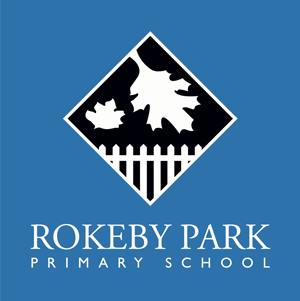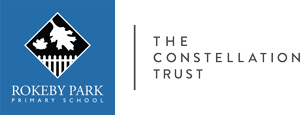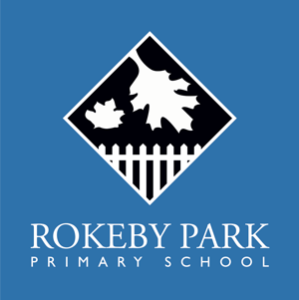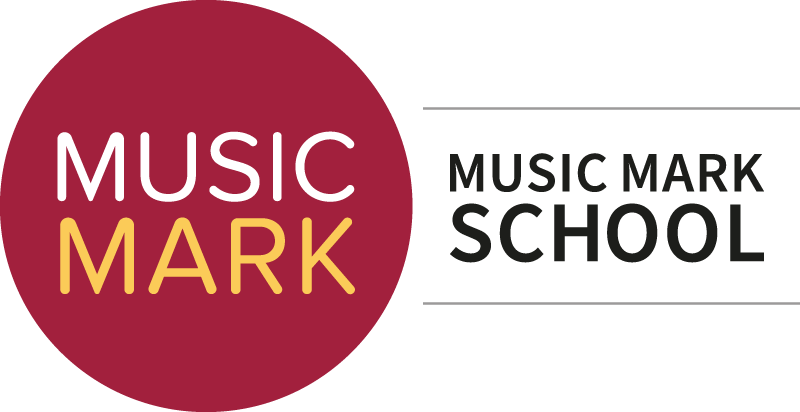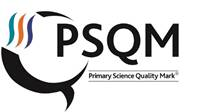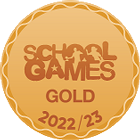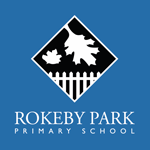
Art – curriculum information
Intent
At Rokeby Park Primary School, we have developed a high quality and ambitious art and design curriculum which allows our pupils to recognise the importance of art within their everyday lives. Art and design is an integral part of children’s education as it allows them to develop and express their creativity and individuality, as well as exposing them to a wide variety of artists and artwork within society. Art and design links in strongly with our school values, it contributes to pupils taking responsibility for their learning, respecting others and it allows children to become more resilient within their artistic abilities.
The art and design curriculum at Rokeby is structured under the following areas of learning:
- Knowledge of artists and designers: (factual knowledge)
- Exploring and developing ideas: (conceptual knowledge)
- Making skills: (procedural knowledge)
- Evaluating: (metacognitive knowledge)
To address these four areas, the art and design curriculum at Rokeby is taught through a series of key concepts. These subject specific concepts are explored within each art and design unit which allows pupils to experience different aspects of art and design. These concepts are revisited as children move through the school to provide a deeper understanding and to build upon previously acquired knowledge progressively.
Second order concepts are also developed across the curriculum to provide children with the knowledge and skills needed to communicate their understanding and relate their knowledge to significant artists and art movements. Children are also encouraged to become more resilient within their artistic ability through reflecting upon and evaluating their work.
The Second order concepts are:
- Chronology (history of art and changes over time)
- Similarity and difference (comparing works of art, identifying common/different styles and techniques)
- Significance (significant artists, works of art and art movements)
- Written, oral and creative expression: (Using artistic terminology, evaluating, refining, describing, experimenting, creating, presenting)
To deliver the key concepts, second order art concepts are taught and applied though each unit and build progressively as pupils move through the school. Pupils will also explore art and design through these second order concepts in all year groups, promoting consistency across the school. An art and design progression document identifies the key knowledge and objectives required for each year group to teach all of the key concepts to the children. These objectives are ordered throughout the year carefully so that learning is deep and progressive.
End Points:
By the end of EYFS, pupils will:
- be able use art to be creative and express themselves in different ways
- be able to create pictures of what they can see and imagine
- develop some control when using pencils, paint brushes and other materials
By the end of Key Stage 1, pupils will:
- be able to use a range of materials in a creative way to design and make products
- be able to use drawing, painting and sculpture to develop and share their ideas, experiences and imagination
- develop their own use of colour, pattern, texture, line, shape, form and space
- know about the work of a range of artists, craft makers and designers, describe similarities and differences between difference practices and principles, and used some of their techniques in their own work
By the end of Key Stage 2: pupils will:
- develop their techniques to create and experiment with greater control and choice of materials through the study of great artists and designers
- be confident in the use of sketch books to record their observations, develop, review and refine their ideas
- have improved their mastery of a range of art and design techniques including drawing, painting and sculpture with a range of materials
- be aware of different kinds of art, craft and design and the techniques that are used to create them
Implementation
Our ambitious art and design curriculum has been developed using a knowledge and skills progression document. This document allows the different skills to be taught progressively which enables the children to revisit previous learning and build upon their prior knowledge. Children are also exposed to a range of artists to develop their understanding of different art movements, art styles, techniques and how art has changed over time.
Within each art lesson, subject specific vocabulary is displayed interactively in all classrooms allowing frequent repetition and practice throughout the year. During lessons, children are given time to practice a range of techniques related to their particular artist or art style, using a variety of different media. Different skills and techniques are modelled closely to the children by teachers to ensure that children have a deep understanding of how to use these within their own work. Assessment for learning takes place during each lesson through teacher observations and through the final piece that is created to bring in all of the skills previously learned. Outcomes for learning are also monitored using the 5 key questions. These questions are created to ensure that children have a sound understanding of what they have been learning.
Impact
The impact of learning is measured through lesson outcomes and individual work produced, which demonstrate the skills and creativity that has been used. Where learning is not secure, additional learning opportunities will be provided to address this.
Art and design standards are monitored through the use of the Integris assessment which records attainment against year group objectives. Sketch books and class ‘Big Theme Books’ demonstrate the children’s acquisition of identified key knowledge and vocabulary.
All children, including disadvantaged children, will have acquired skills that are transferable across the rest of the curriculum, their future education and life beyond.
Further information
‘I’ve really enjoyed the hard work we have been given in maths.’
‘I’ve enjoyed all the learning I’ve done in school and I’ve made lots of brilliant friends.’
‘I love English because it brings my imagination to life’
‘Being here for 5 years (almost my whole life) makes me feel special its almost like home’
‘Maths is my favourite subject because I enjoy the challenges we are set.’
‘All school trips are amazing, especially Robinwood.’
‘My best memory was when it was Rokeby’s got talent and at the end the teachers all got up and danced’
‘started here in Year 5 and I’ve enjoyed everything at Rokeby Park Primary – it’s the best.’
